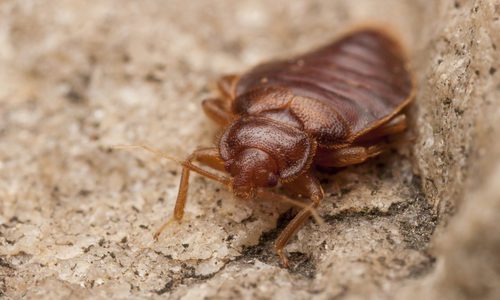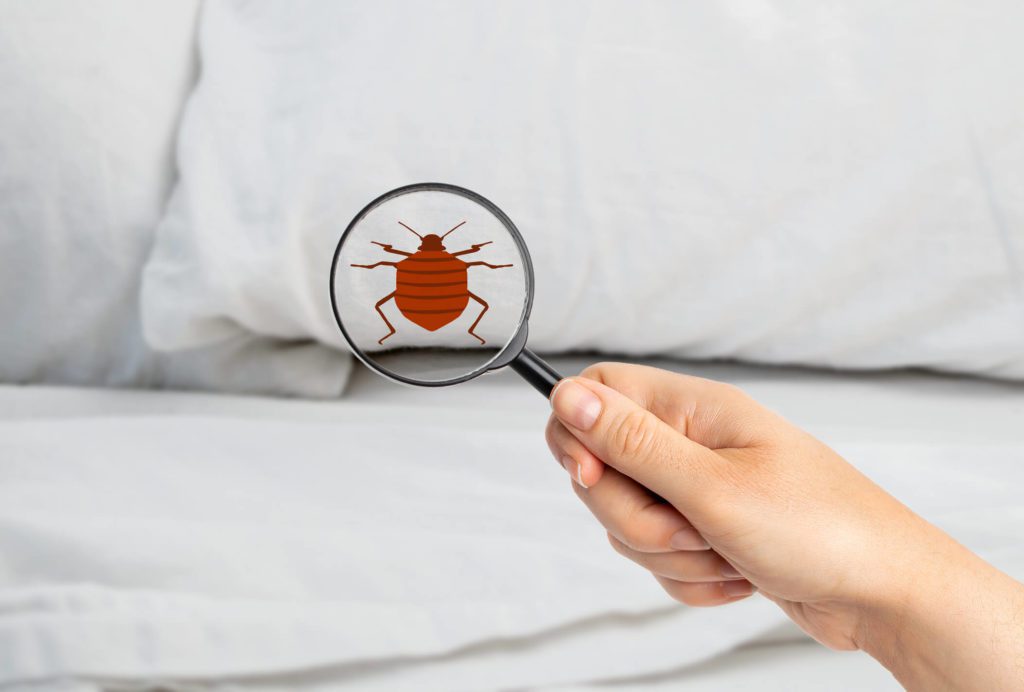Best Kings Pest Control Cincinnati: Premier Exterminators
Wiki Article
A Failure of the Different Types of Pest Control Solutions
In the world of bug control, a wide range of methods exist to combat the visibility and attend to of unwanted animals. From the traditional usage of chemical pesticides to much more innovative organic control options, each approach supplies unique benefits and restrictions. As we browse through the varied landscape of bug control solutions, recognizing the complexities of each approach ends up being paramount in figuring out the most efficient course of activity. Keep tuned as we check out the nuanced globe of pest control methods and discover exactly how each kind plays a distinct duty in protecting our atmospheres.Chemical Pesticides
Chemical pesticides are commonly used in insect control to successfully remove a wide array of insects and other insects. These pesticides work by targeting the nerve system of the parasites, interrupting their regular features, and ultimately leading to their demise. Using chemical pesticides has been a staple in the insect control market for decades because of their effectiveness and quick results.
However, it is vital to utilize chemical pesticides with caution because of their possible damaging results on the atmosphere and non-target varieties. Improper application or overuse of these chemicals can bring about contamination, injury to useful pests, and resistance development in bug populaces. For that reason, it is critical to follow security standards and regulations when utilizing chemical pesticides for parasite control.
Biological Control Methods
Thinking about the prospective ecological effects and dangers connected with chemical pesticides, biological control techniques use an even more lasting technique to taking care of bug populaces. Biological control involves using natural opponents, such as predators, parasites, and pathogens, to reduce insect populations. This approach is usually a lot more targeted, impacting only the specific parasite types while reducing harm to valuable bugs, humans, and the environment.

Once established, natural enemies can help control pest populations continuously without the need for duplicated applications of chemicals. Furthermore, biological control is usually extra cost-effective and can help minimize pesticide resistance in pest populations over time.

Mechanical Insect Control
Mechanical pest control entails the physical control or removal of bugs to manage their populaces successfully. This approach is often used combined with various other insect control strategies for detailed pest monitoring. One common instance of mechanical pest control is using catches to catch pests or rodents. These traps can be established up in tactical areas where insects are recognized to dwell, helping to minimize their numbers.
An additional mechanical method is making use of obstacles such as fences, displays, or webs to obstruct parasites from entering particular areas. By literally protecting against insects from accessing a place, the chance of problems or damage can be considerably minimized. In addition, hand-operated methods like handpicking pests off structures or plants can be efficient for smaller-scale problems.
While mechanical bug control approaches can be labor-intensive, they supply a non-chemical choice that can be environmentally friendly and sustainable. By targeting pests straight, mechanical control strategies can aid maintain insect populaces in check without relying upon pesticides.
Natural Treatments
Utilizing natural treatments for bug control provides a sustainable and environmentally friendly technique to handling bug populations without resorting to chemical interventions. All-natural treatments include using substances originated from plants, minerals, or various other naturally occurring resources to hinder or get rid of insects. Growing certain herbs like basil, mint, or lavender around your building can drive away bugs due Web Site to their strong aromas. Diatomaceous earth, a powder made from fossilized algae, can be used to battle bugs like ants, cockroaches, and bed pests by dehydrating their exoskeletons.Furthermore, important oils such as tea tree oil or neem oil have insecticidal properties that can efficiently regulate pests while being risk-free for the setting. Another all-natural remedy is introducing valuable insects like ladybugs or praying mantises to your yard to prey on damaging parasites. By incorporating these natural options right into pest administration approaches, people can decrease their reliance on artificial chemicals and advertise a much healthier, more balanced community.
Integrated Bug Monitoring
Integrated Pest Management (IPM) is a detailed strategy that combines various methods to successfully regulate pest populaces while decreasing threats to human health and the environment. IPM involves the integration of multiple pest control methods such as click reference biological control, habitat manipulation, modification of cultural practices, and the use of resistant plant selections. By making use of a mix of these strategies, IPM intends to minimize reliance on chemical pesticides, which can have unfavorable influence on ecosystems and human health and wellness.One secret element of IPM is the emphasis on prevention. By implementing measures to prevent parasite problems prior to they happen, such as maintaining correct sanitation and securing access factors, the need for reactive parasite control procedures is lessened. Monitoring and regular examinations play a crucial duty in IPM, enabling early detection of pest concerns and timely intervention.
Verdict
In verdict, the various types of parasite control services provide a variety of alternatives for efficiently handling parasite infestations. Biological control approaches make use of natural predators to regulate insects. Integrated Pest Administration incorporates multiple techniques for an alternative strategy to pest control.Chemical pesticides are typically utilized in bug control to properly eliminate a wide array of insects and like this other bugs.Mechanical parasite control involves the physical manipulation or removal of pests to manage their populations efficiently (Kings Bed bug exterminator Cincinnati).Making use of all-natural treatments for bug control offers a environmentally friendly and lasting method to managing bug populations without resorting to chemical interventions.Integrated Insect Administration (IPM) is a thorough technique that integrates numerous approaches to successfully manage pest populations while reducing risks to human wellness and the setting.In final thought, the various kinds of bug control options use a variety of options for effectively taking care of bug infestations
Report this wiki page